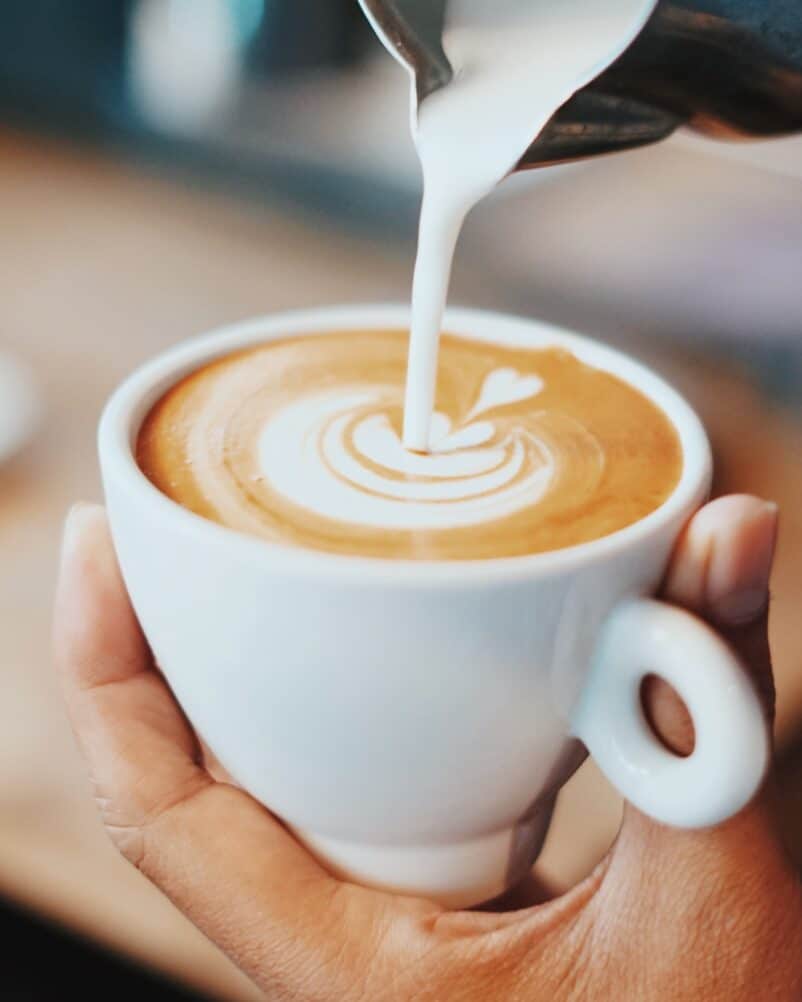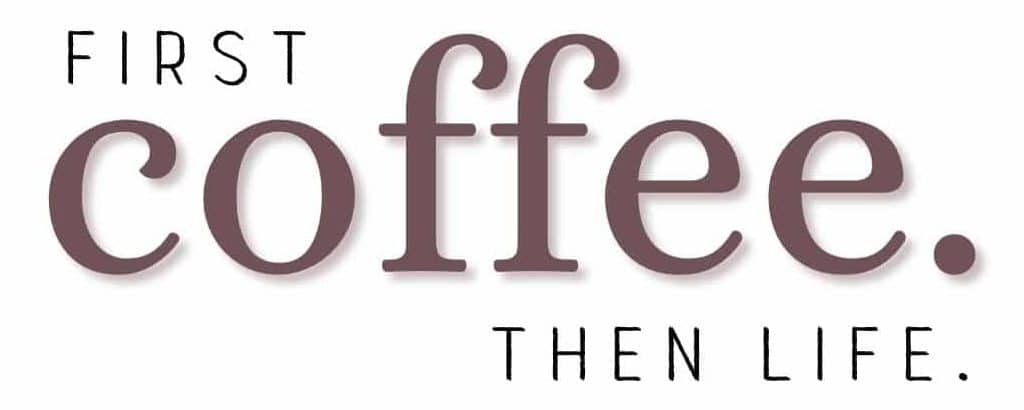
There are a plethora of reasons why you might choose decaf coffee over regular coffee although decaf coffee in many aspects is very similar to regular coffee. It’s made from the same beans as caffeinated coffee and tastes just as good when processed and roasted properly.
Decaf coffee may be ground and made in the same way as regular coffee once it arrives in your kitchen, with the same distinct aroma.
Yet it has its own unique story. Read on to discover answers to all of your decaf inquiries, as well as unique access to an Atlas decaf coffee world tour…
Common inquiries
Is there a difference in flavor between regular coffee and decaf coffee?
Specialty decaf coffee maintains the sweetness and nuance of flavor found in regular specialty coffee when processed using the sugar cane method (see below). That’s why you should try a decaf pour-over or decaf French Press brew to enjoy those delicious notes that make specialty coffee so worthwhile to seek out.
Do I need to modify my decaf coffee grind settings?
Nope! If you grind whole beans for each coffee, you can use whatever setting suits your approach and preferences best, whether you’re brewing decaf or not.
Is it necessary to brew decaf in a specific way?
That is also a no-no. You can brew it like regular coffee. The ratios and timing differ by approach, but caffeine level isn’t a consideration.
Is it healthier to drink decaf coffee?
All of this is contingent on how your body reacts to coffee. Most individuals can tolerate up to 400mg of caffeine per da. However, if coffee makes you jittery or uncomfortable, or if your doctor has advised against it, decaf may be your best option.
Coffee’s Decaffeinated Past
The history of decaf coffee, like the beverage itself, is largely unknown.
Johann Wolfgang von Goethe, one of the greatest German literary personalities of the modern age, enlisted German scientist Friedlieb Ferdinand Runge to investigate the nature of coffee beans, a subject that had intrigued Goethe for years. Goethe, an amateur botanist, amazed at the energizing benefits of coffee, as did many others in his discipline. “Shortly thereafter, I discovered therein caffeine, which became so well-known due to its high nitrogen concentration,” Runge said. The enigma of decaffeination would remain unanswered for almost a century, despite the discovery of caffeine.
Ludwig Roselius tried to revenge his father’s death in the early 1900s, among the stormy waves of a rapidly altering Germany. Roselius was certain that caffeine was to blame for his father’s death, and he fought relentlessly to eliminate caffeine from coffee. His big break occurred by chance, as fate would have it. Ludwig got a supply of coffee from a shipwreck that was salty but devoid of caffeine. The case blew up, and the secret of decaffeination was answered shortly after. In 1906, Ludwig Roselius received a patent for his innovation and established the first decaf coffee firm.
Modern Decaf Methods
Decaf coffee now makes up 12% of all coffee consumed. And, just as there are many various ways to make coffee around the world, there are many different ways to decaffeinate it.
The delightful elixir we name coffee is made up of over 1,000 naturally occurring chemical constituents, so isolating just caffeine is a difficult and time-consuming operation. Since Ludwig Roselius’ process was decommissioned due to its use of benzene, which is now recognized as a carcinogen, various newer and considerably safer ways for extracting caffeine have been developed.
Using CO2
The CO2 method, which is the newest decaffeination method, extracts caffeine from coffee by harnessing the same chemical that makes soda effervescent. Green coffee beans are soaked in water and passed into an extractor, which extracts the caffeine while leaving the rest of the coffee goodness for roasting.
Process Using Water
The Swiss Water Process was invented in the 1930s, but it wasn’t economically viable until 1988 due to high costs. Only one Swiss Water Process facility remains in the world today! Mountain Water is processed in Mexico and follows identical methods. To make a green coffee extract, you must first soak green coffee in a vat of water. Following that, activated charcoal is used to filter the green coffee extract. Finally, a new batch of green coffee beans is added to the filtered liquid, and because the liquid has been saturated with the extract and charcoal, it can only remove caffeine from the new beans.
Production of Sugar Cane
Even while the realm of decaffeination has become more polished, many processes still yield a flatter cup with less flavor than caffeinated varieties. Sugar Cane ethyl acetate processing is popular because it retains the full flavor of a coffee the finest.
Ethyl Acetate (E.A.) is a naturally occurring chemical that can be found in wine, beer, fruits, and vegetables. The natural procedure produces a full-bodied cup with mild acidity by fermenting sugarcane molasses.
To begin, we soak the green coffee in water. E.A. is used to wash the coffee after it has been swelled with water. The E.A. dissolves the caffeine while leaving the remainder of the coffee in its original state. The naturally occurring fermented molasses in E.A. contributes to a richer, more delicious cup—you’d never guess it’s decaf.
Decaf Coffee on a Global Scale
From Papua New Guinea to Peru, Burundi to Brazil, there’s a world of coffee to discover… Atlas Coffee Club just added a decaf option to its menu. So, beginning in Ethiopia, decaf lovers can traverse the world of coffee and discover what makes each country’s coffee special and delicious.
Ethiopia, dubbed the “Cradle of Coffee,” is an excellent spot to start your decaf coffee trip with Atlas. For thousands of years, Ethiopian wild coffee plants have been flourishing in the wild. Around 850 AD, a goat herder named Kaldi noted that particular berries seemed to energize his herd. Coffee is mentioned in Arabic sources as a beverage consumed in Ethiopia 50 years later, and it has been important in Ethiopian culture ever since.
Today, Ethiopians consume over half of the coffee produced in the country, and the “coffee ceremony” is a customary start to important social gatherings. Ethiopia has over 1,000 naturally occurring coffee varieties and is known for producing some of the world’s best coffee!
This coffee, which has been decaffeinated using the Mountain Water Process, is a must-try for decaf enthusiasts.
